App makers tell Senators that they're scared of Apple and Google
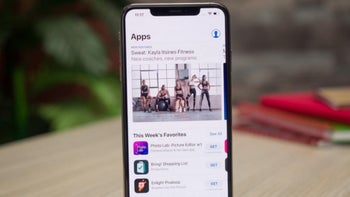
A hearing held yesterday by the Senate Judiciary Committee’s Subcommittee on Competition Policy, Antitrust and Consumer Rights discovered that some app makers are afraid of Apple and Google. CNBC reports that some executives are afraid about the power the two tech firms have over their businesses. Senator Amy Klobuchar (D-Minn.), the chair of the Senate Judiciary subcommittee on antitrust, was told by Match Group Chief Legal Officer Jared Sine, "We're all afraid."
App companies explain why they cower in front of Apple and Google
Representatives from Apple and Google appeared at the hearing along with those working for Match Group (owner of dating app Tinder), Tile (whose item trackers compete with Apple's new AirTag), and music streamer Spotify which competes fiercely with Apple Music. The app makers relayed their concern about how a small rule change on Apple or Google's part could ruin their entire business. They also complained to the lawmakers about the high in-app purchase fees (30%) that both Apple and Google charge.

Spotify says that Apple Music has an unfair advantage in the App Store
The problem is not only the 30% that Apple and Google charge (which ends up hiking the cost of apps for consumers) but the rules enforced by the pair that allow them to kick any company out of their app storefront that dares to challenge the tech giants by offering their own in-app payment platform. This is what happened to Epic Games, the developer of the popular Fortnite game, when it challenged Apple by charging a cheaper price for in-app currency with payments processed through Epic's own system.
Some executives complained that Apple and Google threatened their businesses. Match's Sine complained that Google threatened the company on the eve of the hearings by calling the firm and asking why his testimony (which had been made public in advance of the hearings) differed from the company's comments made during its last earnings call. During the call, Match made it sound as though it was getting somewhere in talks with Google although it testified during the hearings that Google had made "false pretenses of an open platform" and complained about its "monopoly power."
Wilson White, Google’s senior director of public policy and government relations, said that it wasn't a threat and that Google would never threaten its partners because it needs developers to make the Play Store successful. Still, Sen. Richard Blumenthal,(D-Conn.), said the call was "potentially actionable." Senator Klobuchar said that she will look more deeply into the matter.
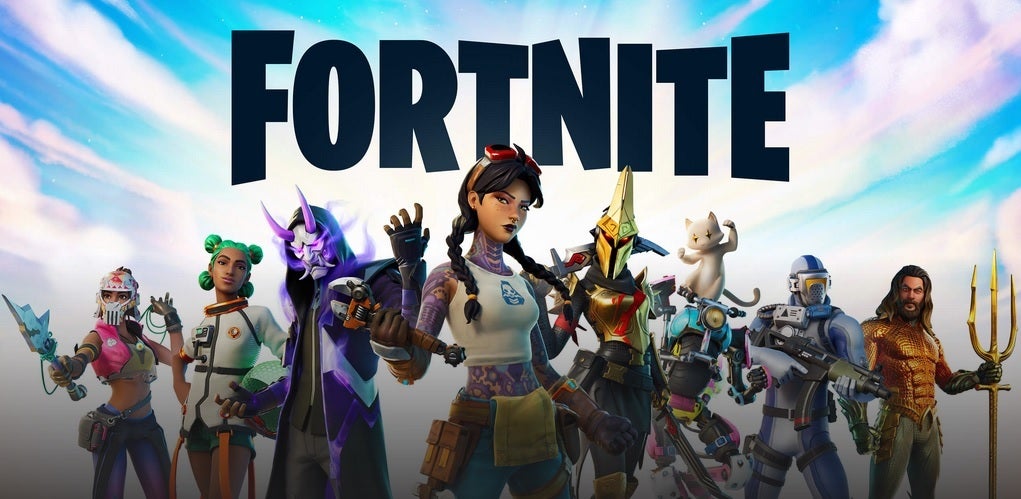
Fortnite has been kicked out of the App Store and the Google Play Store
Apple also was accused of threatening behavior by Spotify Chief Legal Officer Horacio Gutierrez who said that there were "at least four clear examples of threats and retaliation" made by Apple. Spotify had spoken out about the so-called Apple Tax and Gutierrez said that Apple threatened to remove the app, stop promoting it, and delay approval for minor app updates. "They’ve basically thrown the book at us in order to make it hard for us to continue to sustain our decision to speak up," he said.
Spotify's Chief Legal Officer said that Apple had put a "gag order" on Spotify preventing the company from discussing upgrades to the music streamer's premium version through the app. That's because Spotify allows upgrades only outside of the app so that it can avoid the 15% to 30% cut that Apple receives on in-app payments. Those looking to move from Spotify's ad-supported free service to its premium service need to do so through a PC or a desktop web browser.
What makes this very unfair, through the eyes of Spotify, is the fact that the latter has a competitive rival music streamer in Apple Music and it does not have the restrictions placed on it that Apple places on Spotify. This gives Apple a competitive advantage, Gutierrez says. Spotify's top legal employee says, "We are not successful because of what Apple has done, we have been successful despite Apple’s interference. And we would have been much more successful but for their anticompetitive behavior.
Both Apple and Google say that they need the 30% they charge for in-app purchases to cover the costs of distributing apps and making sure that they are secure. But is it really unfair that Apple doesn't allow Tile to use the U1 chip that Apple developed for its own AirTag item tracker? The chip allows iPhone users to use a more precision method to find lost items.

![T-Mobile is phasing out plans with included taxes and fees starting tomorrow [UPDATED]](https://m-cdn.phonearena.com/images/article/169988-wide-two_500/T-Mobile-is-phasing-out-plans-with-included-taxes-and-fees-starting-tomorrow-UPDATED.jpg)





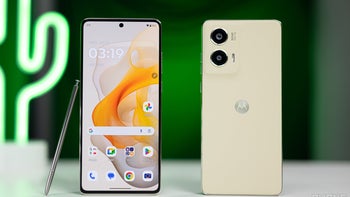
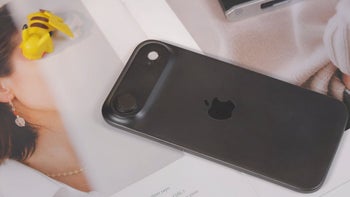
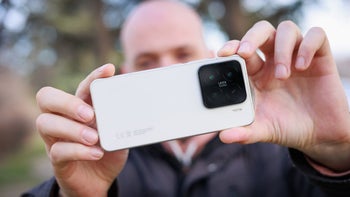
Things that are NOT allowed: